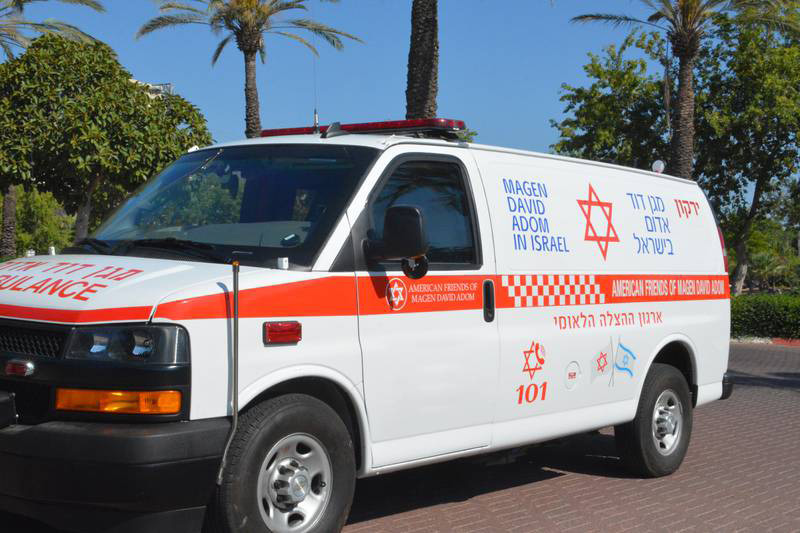
Every week there’s another story in the American media about someone who died because of a problem originating at a 911 call center.
In Portland, ambulances are delayed before they’re dispatched while 911 operators go through a list of questions required by automated software.
Outside Washington, D.C., people drown in the Potomac River while calls handled by 911 operators on one side of the river have no means of knowing EMTs are closer to the victim across state lines on the other shore.
And even in Broward County, an investigation by this newspaper found thousands of calls to 911 went unanswered. Officials have called the local 911 system’s technology “materially deficient” and have no mechanism for automatically rerouting calls when they go unanswered.
At Magen David Adom, Israel’s national EMS organization, we read about these problems with dismay. After all, the U.S. is in many ways a far more advanced country than ours.
Israel’s emergency response system is by no means perfect. But we’ve solved some of the very problems the U.S. 911 system is grappling with by capitalizing on two dynamics unique to Israel.
First, because we don’t have counties or states, we approached emergency response nationally. While Magen David Adom has eight regional dispatch centers, they’re fully integrated and operate as one public safety answering point.
Eli Bin is director-general of Magen David Adom, Israel’s National EMS organization.
That means if one dispatch center is dealing with a multitude of calls, newly arriving calls can be instantly rerouted to another center. And because of the technology we developed, the remote dispatch center can dispatch the call seamlessly. As a result, calls are answered in under four seconds.
There are few technological reasons why 911 call centers in the U.S. can’t be integrated beyond county or other governmental borders to create a more seamless system.
Now, for the second of the two dynamics, Israel is different than the U.S. in that our medical emergencies often involve scenarios American first-response organizations never see — things like rocket attacks.
Prior to 2006, Magen David Adom used a dispatch system designed by a third-party vendor. It was considered state-of-the-art. However, when missiles began raining down on Haifa, Israel’s third-largest city, the system proved woefully inadequate.
So we began developing our own dispatch system using Israeli computer coders, some of whom were already volunteering with us as EMTs. In essence, we became an EMS organization designing a dispatch system for EMS organizations.
Today, we have what’s widely been touted as the most sophisticated dispatch system in the world, even designing a system for Israel’s fire service. Our technology is now being used in Florida too by Hatzalah South Florida, an all-volunteer EMS organization operating in Miami-Dade, Broward and Palm Beach counties.
The system uses artificial intelligence to instantly and automatically geolocate and dispatch the nearest ambulance to the scene — as well as the seven nearest first responders, who typically arrive on medically equipped motorcycles, often several minutes ahead of the ambulance, to begin stabilizing the patient.
And because the routing of ambulances and first responders is determined by AI based on traffic conditions, a dispatch center in the north of the country can just as easily dispatch EMTs to an incident in the south if the dispatch center nearest the incident is too busy to quickly answer the call.
The system even boasts predictive learning, automatically dispatching assets to be closer to areas where specific incidents occur at specific times, such as highway interchanges prone to rush-hour accidents or corporate parks where middle-aged execs are prone to heart attacks.
There’s an irony to all this. As a Red Cross organization, we’re not funded by the Israeli government for our day-to-day operations, but are dependent on charitable donations. Much of our support comes from the Jewish community in the U.S. In a significant way, our technology has been made possible by people like you — by Americans.
We have no doubt that U.S. emergency response agencies can meet the challenge and fulfill the promise of Next Generation 911. Given the support we’ve received from Americans, we’d be delighted to share what we’ve learned.
Eli Bin is director-general of Magen David Adom, Israel’s National EMS organization.For more information, visit afmda.org.
